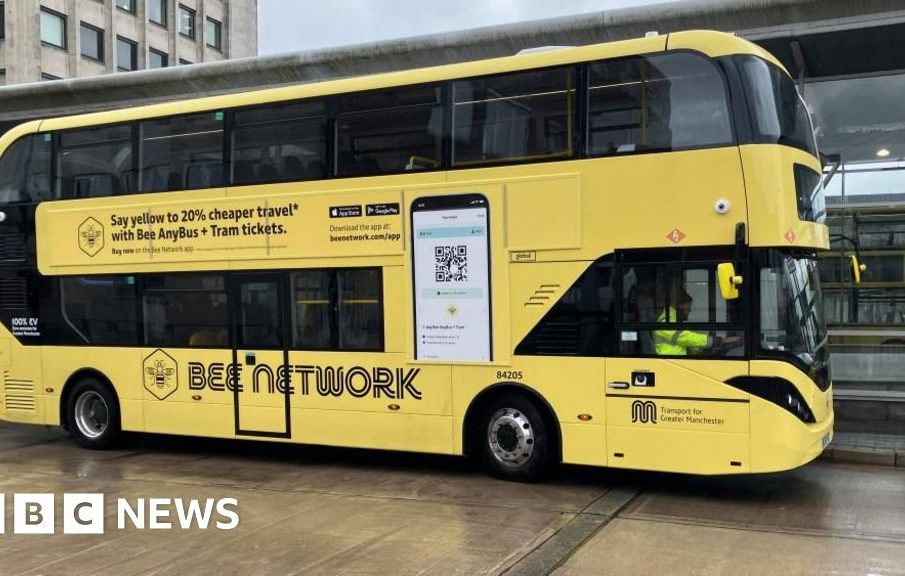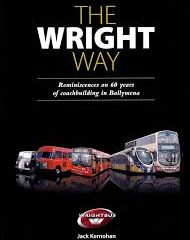Understanding the Bus Strike in Manchester: What You Need to Know

Introduction
The ongoing bus strike in Manchester has significant implications for both commuters and the local economy. With public transport serving as a lifeline for many residents, disruptions caused by the strike have garnered attention from local authorities and the community alike. This article explores the causes, developments, and ramifications of the bus strike.
Background of the Strike
The bus strike in Manchester began on [insert date] following a breakdown in negotiations between bus operators and union representatives over pay and working conditions. Bus drivers across Greater Manchester have expressed frustration over proposed pay increases that they deem inadequate, especially in light of the rising cost of living. The strike actions were initiated after union members voted overwhelmingly in favour of industrial action with an aim to secure a more satisfactory agreement.
Current Developments
As of the latest updates on [insert date], the strike continues to affect multiple bus services, leading to long delays and cancellations. The strike has significantly impacted daily commutes, forcing many residents to seek alternative transport methods, such as cycling or carpooling. Local authorities have had to intervene, implementing measures to assist affected commuters and alleviate congestion in the city. Various community organisations have also stepped in to provide resources and support for those struggling with transportation issues.
Response from the Community and Authorities
Community responses to the bus strike have varied. While many commuters sympathise with the drivers’ plight, expressing support for fair wages, others are frustrated by the disruption caused to their daily routines. Local businesses have also reported reduced foot traffic, compounding the economic impact already felt during the pandemic recovery phase. In response, the Greater Manchester Authority has called for a speedy resolution to the dispute, urging both parties to return to the negotiation table and seek common ground.
Conclusion
The bus strike in Manchester reflects broader issues within the public transport sector concerning pay and working conditions. As both sides continue to negotiate, the outcome of this dispute will not only affect the lives of bus drivers but also the commuting public and local businesses. Forecasts suggest that if the negotiations fail to yield a satisfactory result soon, the strike may continue, leading to prolonged disruptions. Commuters are urged to stay informed about the upcoming negotiations and to seek alternative transport arrangements while the strike persists. Continued awareness and support for discussions could play a pivotal role in resolving this pressing issue.









